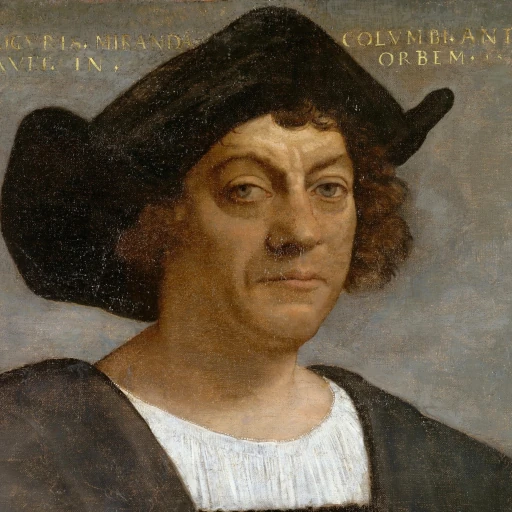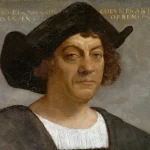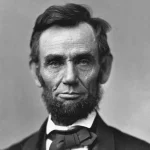“But in truth, should I meet with gold or spices in great quantity, I shall remain till I collect as much as possible, and for this purpose I am proceeding solely in quest of them.”

- August 25th to October 31st, 1451 – May 20th, 1506
- Born in the Republic of Genoa (now Italy)
- Explorer and navigator
- He reached the Americas on his voyage in 1492 and is known as the discoverer of the “New World.”
Quote
“But in truth, should I meet with gold or spices in great quantity, I shall remain till I collect as much as possible, and for this purpose I am proceeding solely in quest of them.”
Explanation
This quote reflects Christopher Columbus’s primary motivation during his voyages to the New World: the pursuit of wealth, particularly in the form of gold and spices. His statement reveals the underlying drive behind his expeditions, which was not just to explore unknown territories, but to secure valuable resources that would enrich both him and the Spanish monarchy. The phrase “I shall remain till I collect as much as possible” indicates his determination to secure these riches, showing a focused and unwavering pursuit of economic gain. Columbus’s missions were fundamentally tied to the promise of material wealth, which he believed could be found in the lands he sought.
The historical context of this quote highlights the age of exploration when European powers, driven by mercantilism and a desire to expand their wealth, were sending expeditions across the world in search of valuable commodities. For Columbus, gold and spices were not just economic assets; they were symbols of success and the keys to securing favor and financial support from the Spanish crown. His belief that these resources were to be found in great quantity reflects the optimism and imperial ambition of the time, even though the lands he encountered did not offer the riches he anticipated.
In modern times, this quote could be seen as an illustration of human ambition and the lengths people are willing to go to achieve wealth or success. Just as Columbus sought to collect riches, many contemporary figures pursue similar goals, sometimes driven by a singular vision of profit or success. The quest for material wealth—whether in the form of natural resources, technology, or capital—remains a central theme in both global politics and individual aspiration. This pursuit, however, often comes with ethical considerations and consequences, as seen in the legacy of Columbus’s own interactions with indigenous populations and the long-lasting effects of European colonialism.

